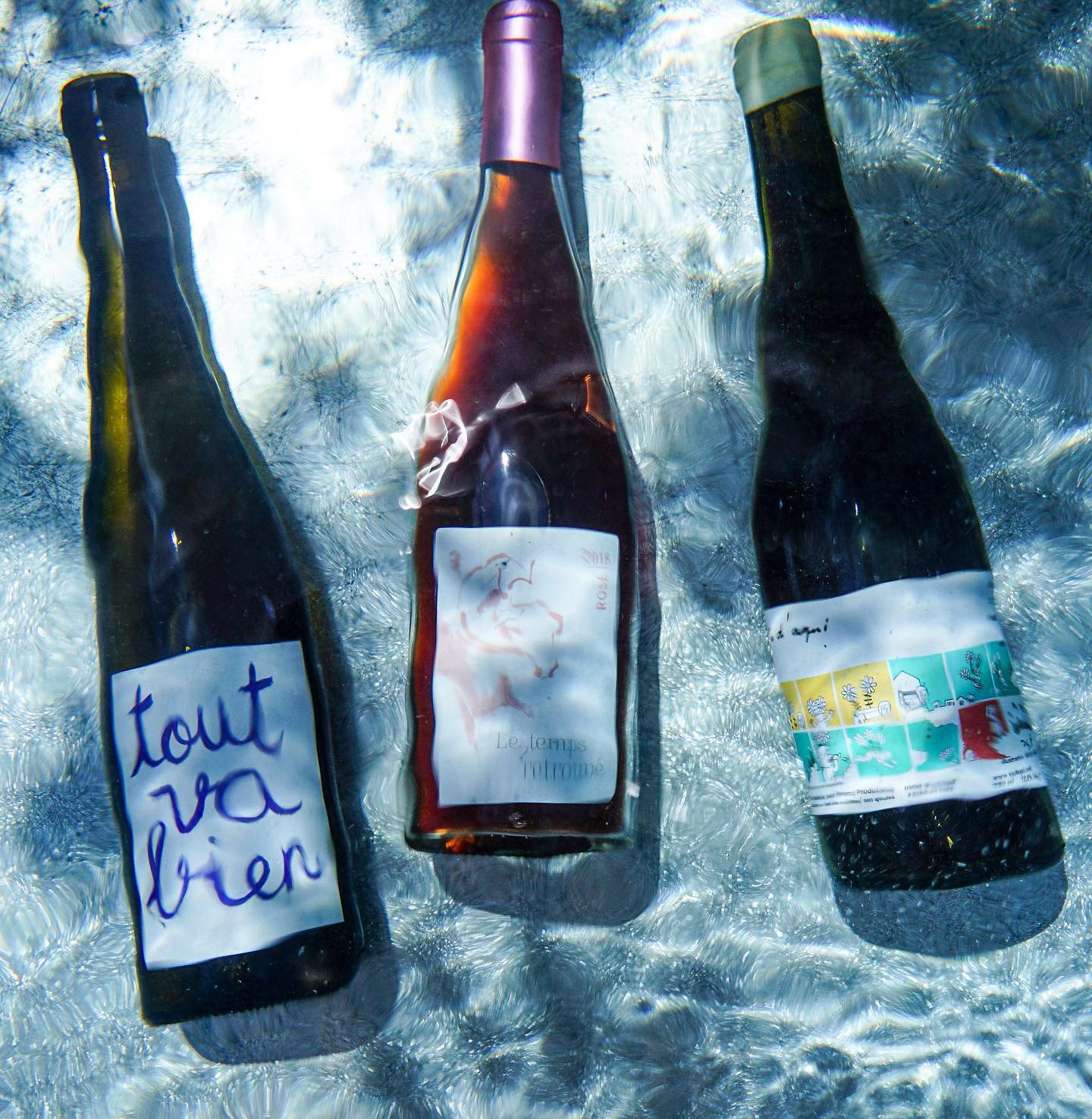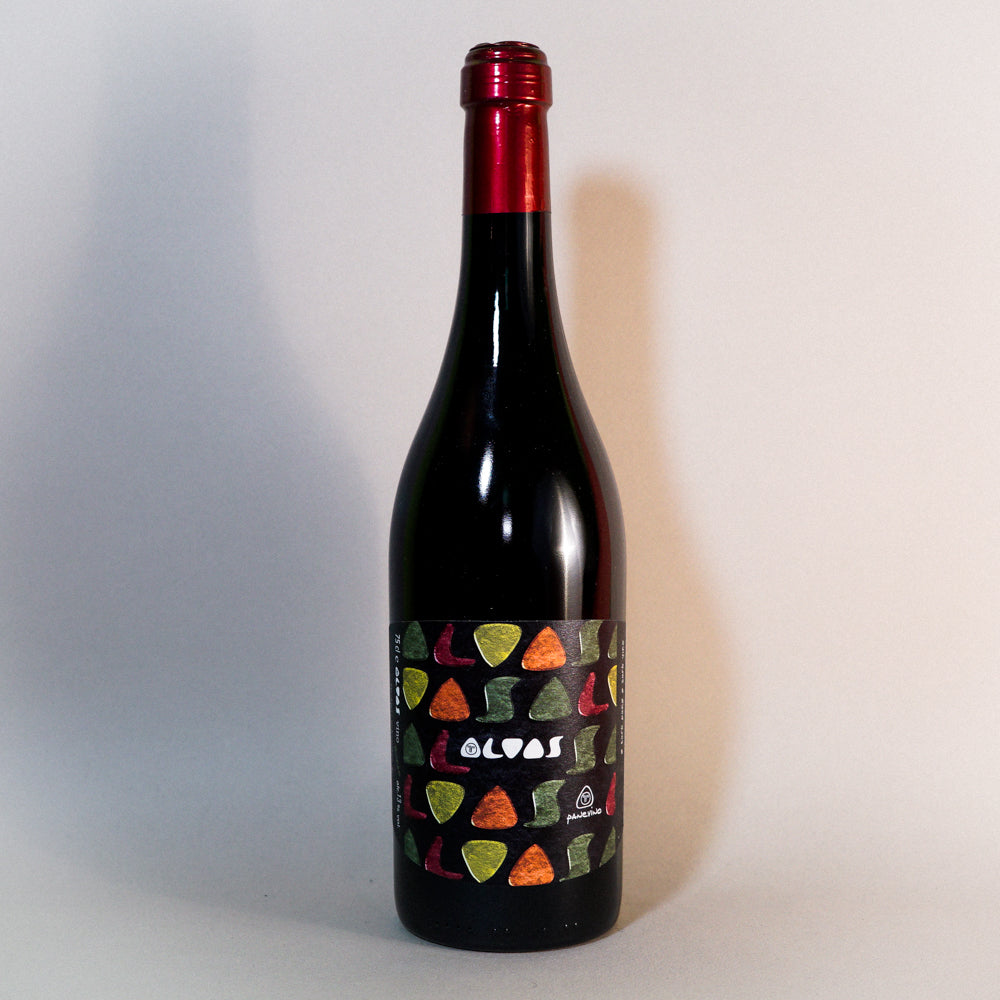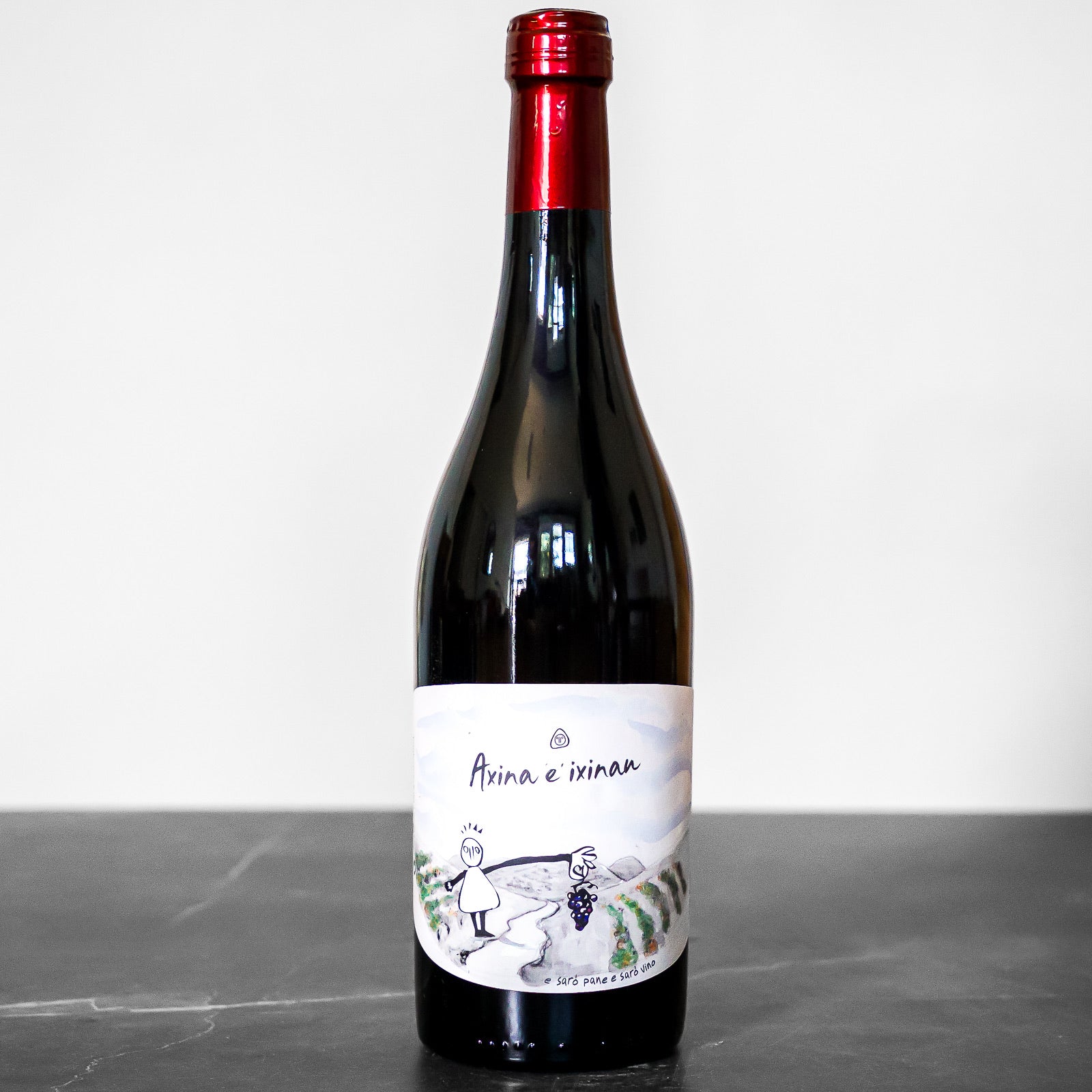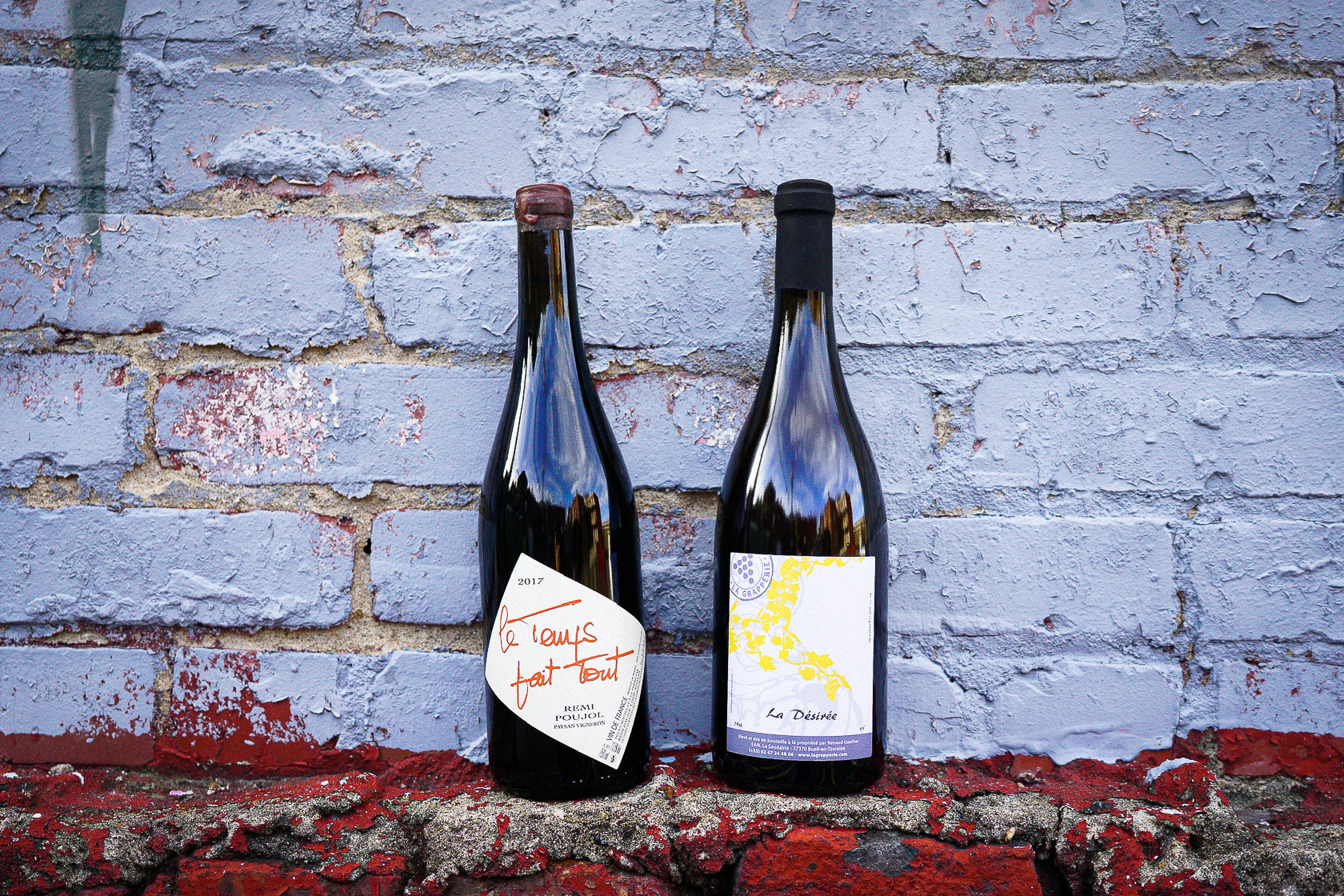Matassa
How does a New Zealander who grew up in South Africa end up founding an iconoclastic winery in Roussillon? It's not exactly commonplace, but that's how everything is with Tom Lubbe of the Domaine Matassa. In the late 90s, Tom worked at the only winery in South Africa that used spontaneous fermentation and low yields. Interested in working with Mediterranean grape varieties, Tom was able to complete a three-month internship at the legendary Domaine Gauby in the village of Calce. Gérard Gauby quickly befriended Tom and asked him to be a cellar hand for three consecutive vintages. During this time, Tom met his wife Nathalie, who happens to be Gérard's sister.
The birth of their first child prompted Tom to reconsider returning to South Africa and instead stay in Calce to start his own winery. Matassa was founded in 2003, with the first vintage produced entirely in the newly married couple's living room. Gérard felt so bad about this that in 2004 he gave Tom the old Gauby cellar!
Tom works with many of the traditional Catalan grape varieties: Carignan, Mourvèdre, Grenache (mainly Lladonian pelut, the old Catalan "clone" of Grenache), Grenache Gris, Muscat d'Alexandrie and Muscat de Petits-Grains. These grapes are often planted together, especially in the very old vineyards. In total, 20 hectares are planted on slate, marl, black shale and black marl soils. Tom still farms some of the very low yielding old vines around the village of Calce, but he has expanded heavily into other areas where yields are a bit more generous, typically in the 25/30 hl/hr range (still relatively low for the region).
The vineyards are cultivated naturally without any chemical inputs. Tom is certified organic by Ecocert. And although he occasionally uses biodynamic techniques to activate and nourish his soils, this has become less of a priority over the years. Instead, a relentless dedication to. Ground cover completely changed his soils and thus the wines. Tom is convinced that the increased insect life in the soils, especially worms, has changed the flavors of his wines, especially with regard to malic acid. Another interesting effect: the drastic drop in alcohol content. Tom has always harvested much earlier than most, usually starting with Muscat in early August. In 2005, the wines typically reached 13.5% alcohol. In 2018, they came in at 10.5%.
A lot has also changed in the cellar over the years. All wines from Matassa are now deliberately Vin de France been declassified. As mentioned above, the alcohol content is much lower, rarely exceeding 12%. The white wines are all macerated on the skins, a choice that dates back to the 2008 Alexandria, the first Matassa wine of its kind. For the reds, whole cluster infusion precedes maceration and extraction, and white grapes are often co-fermented. When oak is used, it is not to add structure to the wine, but oxygen. The wines are bottled without filtration or fining.
Sulfur, which Tom had also used judiciously in the past, has not been added to any of the wines since the 2015 vintage.










